In the quiet hours between midnight and dawn, thousands of ordinary people sit hunched over their computers performing extraordinary acts of scientific discovery. They aren’t trained biochemists or computational biologists – they’re teachers, retirees, gamers, and students who’ve become citizen scientists through an ingenious online game about protein folding. What began as an academic curiosity has blossomed into one of the most successful examples of crowdsourced science, solving problems that have stumped researchers for decades.
The story begins with a simple premise: proteins, the workhorses of biology, must fold into precise three-dimensional shapes to function properly. When folding goes wrong, the consequences can be devastating – from Alzheimer’s to cystic fibrosis. For fifty years, scientists struggled to predict how a chain of amino acids will twist itself into its final form. The combinatorial possibilities are so vast that even supercomputers groan under the computational weight. Then in 2008, a team at the University of Washington had a radical idea: what if human intuition could succeed where brute-force computing failed?
Thus was born Foldit, a puzzle video game that turns protein folding into a competitive sport. Players manipulate colorful, simplified representations of amino acid chains, tugging and twisting them to find low-energy configurations. Points are awarded based on the stability of the structure, with leaderboards tracking top performers. The genius lies in its accessibility – no biochemistry degree required, just spatial reasoning and problem-solving intuition. Within weeks of launch, players were producing solutions that matched or surpassed computer-generated models.
The citizen scientists’ first major breakthrough came in 2011 when they deciphered the structure of an AIDS-related enzyme that had baffled researchers for fifteen years. In just three weeks, Foldit players produced an accurate 3D model that provided crucial insights for drug development. This wasn’t supposed to happen – the problem was meant to be a test case, an impossible challenge to gauge the game’s limits. Instead, it demonstrated that collective human intuition could crack problems deemed intractable by conventional methods.
What makes these amateur folders so effective? Neuroscientists speculate that humans possess unique pattern recognition abilities honed through evolution. Where algorithms methodically explore possibilities, humans leap to plausible solutions through visual intuition. The game’s designers have continually refined the interface to amplify these strengths, creating tools that let players “feel” molecular forces through visual and tactile feedback. Advanced players develop an almost artistic sense for protein structures, recognizing favorable folds as instinctively as a sculptor sees form in marble.
The Foldit community has grown into a vibrant ecosystem of collaborators. Discussion forums buzz with strategy debates, veteran players mentor newcomers, and research teams regularly consult top performers. Some participants have parlayed their gaming success into scientific careers, while others enjoy the satisfaction of contributing to real-world discoveries from their living rooms. The project has expanded to include protein design challenges, with players creating novel molecules that could lead to new medicines or environmentally friendly enzymes.
Recent advances in artificial intelligence, particularly DeepMind’s AlphaFold, have transformed the field but haven’t rendered human players obsolete. Instead, an unexpected synergy has emerged. AI handles the broad strokes of folding prediction with astonishing accuracy, while human players refine details and tackle particularly gnarly problems where intuition still outperforms algorithms. Researchers increasingly use Foldit solutions to cross-check and improve AI predictions, creating a powerful feedback loop between human and machine intelligence.
Beyond its scientific impact, Foldit represents a quiet revolution in how research gets done. It challenges the traditional boundary between professional scientists and the public, demonstrating that rigorous discovery can emerge from playful collaboration. As one longtime player remarked, “I never thought my hobby would help cure diseases.” In laboratories worldwide, whiteboards now display protein structures first sketched by anonymous gamers – living proof that scientific progress can come from anywhere, even from someone’s late-night gaming session.
The success of protein folding games has inspired similar projects across disciplines. From classifying galaxies to transcribing ancient texts, citizen science platforms are harnessing human intelligence at scale. Yet Foldit remains unique in its seamless blend of entertainment and cutting-edge research. As the game enters its second decade, its creators continue to push boundaries, developing new challenges that channel players’ creativity toward urgent scientific problems. The century-old mystery of protein folding hasn’t been fully solved – but thanks to an army of citizen scientists, we’re closer than ever before.

By /Jul 2, 2025

By /Jul 2, 2025
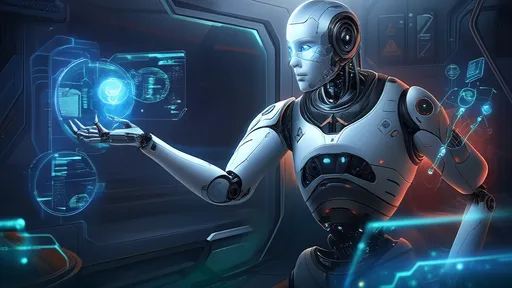
By /Jul 2, 2025
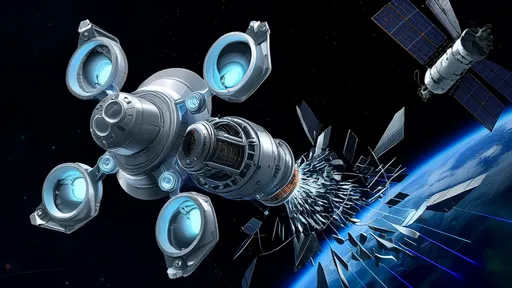
By /Jul 2, 2025
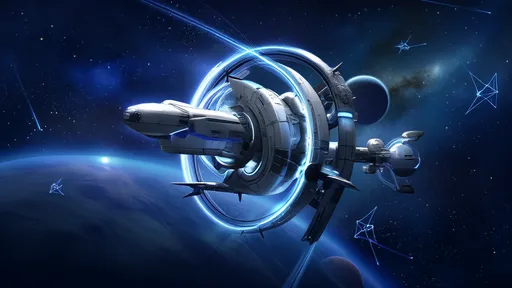
By /Jul 2, 2025
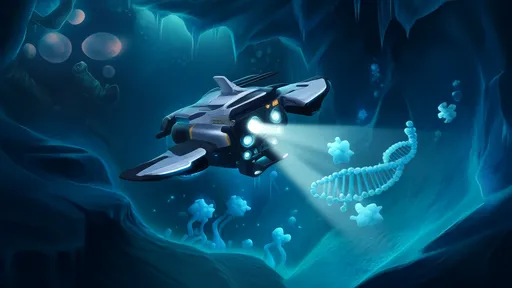
By /Jul 2, 2025
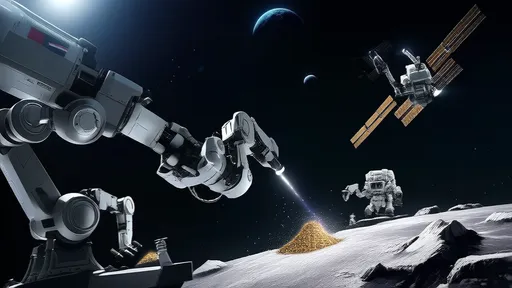
By /Jul 2, 2025
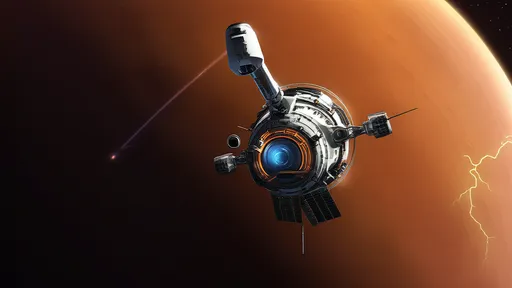
By /Jul 2, 2025

By /Jul 2, 2025
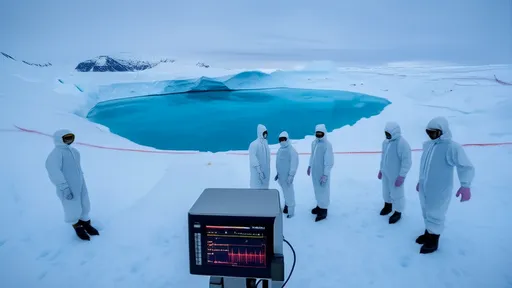
By /Jul 2, 2025
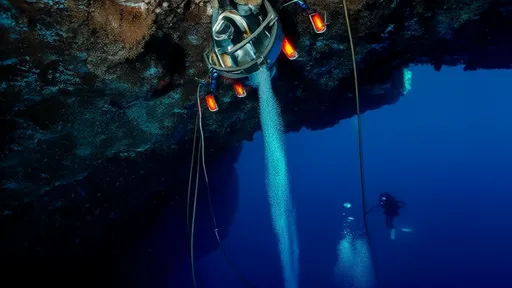
By /Jul 2, 2025

By /Jul 2, 2025
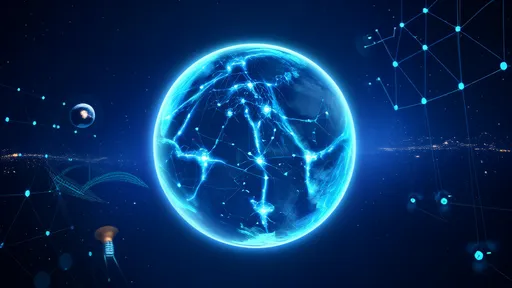
By /Jul 2, 2025
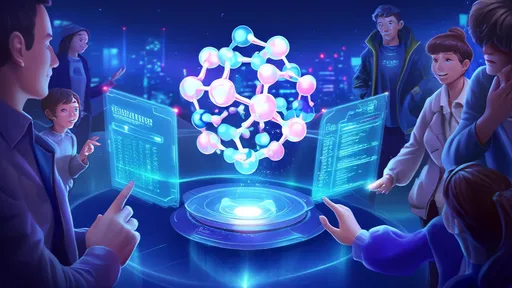
By /Jul 2, 2025
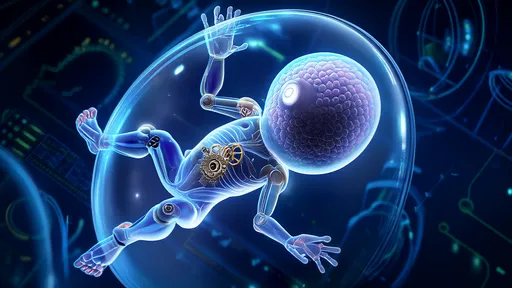
By /Jul 2, 2025
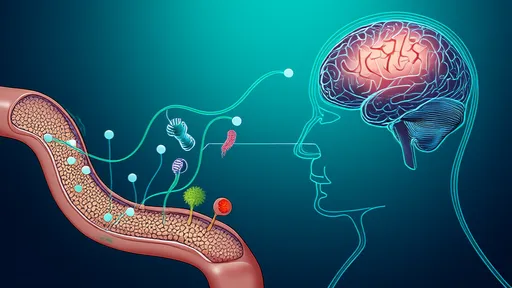
By /Jul 2, 2025
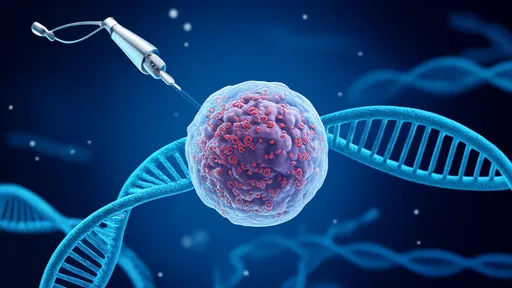
By /Jul 2, 2025
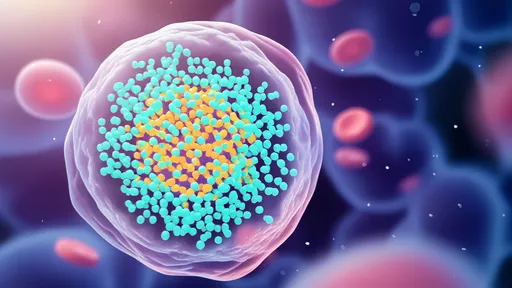
By /Jul 2, 2025
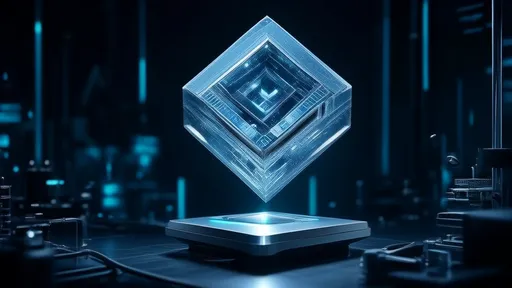
By /Jul 2, 2025
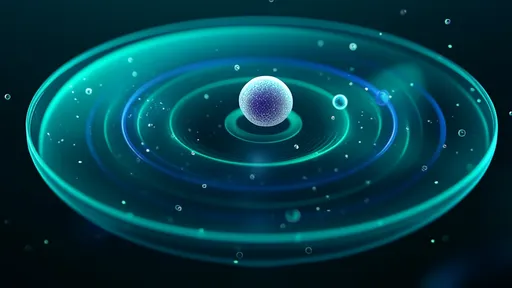
By /Jul 2, 2025